In Zimbabwe, a groundbreaking initiative known as the Friendship Bench, spearheaded by psychiatrist Dr. Dixon Chibanda, is revolutionizing mental health care by addressing the critical shortage of psychiatric services.
With fewer than 20 psychiatrists for a population of 15 million, Zimbabwe grapples with widespread mental health issues stemming from historical traumas, economic challenges, and ailing healthcare systems.
The Genesis of the Friendship Bench
The Friendship Bench emerged in 2006 as a response to the dire need for psychosocial support in the face of limited resources and escalating mental health concerns.
Dr. Chibanda, motivated by the tragic suicide of a patient unable to afford bus fare for a follow-up session, collaborated with the Ministry of Health and the University of Zimbabwe to train lay health workers, affectionately known as “grandmothers,” in evidence-based problem-solving therapy.
Grandmothers as Mental Health Allies
The unique choice of grandmothers as counselors is strategic, tapping into their role as community custodians with deep cultural roots. These grandmothers, averaging 50 years old, receive training to enhance their listening skills, empathy, and abilities to guide individuals toward finding solutions to their mental health challenges. The initiative emphasizes the importance of human connection and community support.
Bridging Gaps in Mental Health Services
With Zimbabwe grappling with a mental health crisis exacerbated by socioeconomic hardships, the Friendship Bench has become a vital bridge, offering support to those who cannot afford traditional psychiatric services.
The grandmothers, stationed on purpose-built benches, provide counseling that focuses on discussing potential solutions rather than offering cash handouts. The success of this model led to a replication of the Friendship Bench in several African countries, including Tanzania, Malawi, Kenya, and Botswana.
From Local Success to Global Recognition
The Friendship Bench’s impact extends beyond the African continent. It has proven adaptable even in resource-rich countries, challenging preconceptions about the direction of innovation. I
n a surprising turn, HelpAge USA, an international nonprofit, is piloting the Friendship Bench in Washington, DC, recognizing the universal need for human connection and mental health support.
WHO Endorsement and Global Replication
The World Health Organization (WHO) has endorsed the Friendship Bench model, leading to its replication in various countries. The initiative was showcased during the 2022 World Cup, with 32 benches representing participating nations.
Despite the global recognition, Dr. Chibanda emphasizes the importance of fidelity and raises concerns about unauthorized replications and charging for services.
Philanthropic Support and Growth
The Friendship Bench has garnered significant philanthropic support, with MacKenzie Scott, ex-wife of Amazon founder Jeff Bezos, donating $2 million in 2022. Additionally, the initiative received the McNulty Foundation and Aspen Institute’s John P McNulty Prize in 2023.
These funds have propelled the Friendship Bench’s annual budget from $30,000 to $6 million over the past five years, facilitating substantial growth.
Expanding Services and Community Impact
With the increased funding, the Friendship Bench has evolved from a small-scale initiative to a transformative force, employing over 50 full-time staff and engaging around 3,000 counselors.
Grandmothers, once unpaid volunteers, now receive a $25 monthly allowance, stationary, bicycles, and smartphones to facilitate counseling through platforms like WhatsApp, especially during the COVID-19 pandemic.
Dr. Chibanda’s Vision for the Future
Dr. Chibanda envisions the Friendship Bench as an integral part of Zimbabwe’s healthcare system. He is collaborating with the Health Ministry to integrate the initiative into government programs, ensuring sustainability and widespread accessibility.
Plans for a therapeutic village, supported by generous donations, aim to provide additional holistic healing opportunities.
Global Recognition and Speaking Engagements
Dr. Chibanda’s innovative approach has earned him global recognition, with speaking engagements at prestigious events like the World Economic Forum in Davos and the UN General Assembly. Despite his growing stature, he remains committed to his work, continuing to practice, teach, and lead the Friendship Bench initiative.
The Friendship Bench, born out of a local need, has become a beacon of hope for those grappling with mental health challenges globally.
With its inclusive and community-centric model, this initiative led by counselor-grandmothers has not only alleviated mental health struggles but also sparked a global movement that transcends cultural and economic boundaries.
As it continues to evolve, the Friendship Bench stands as a testament to the power of grassroots initiatives in addressing complex societal issues.
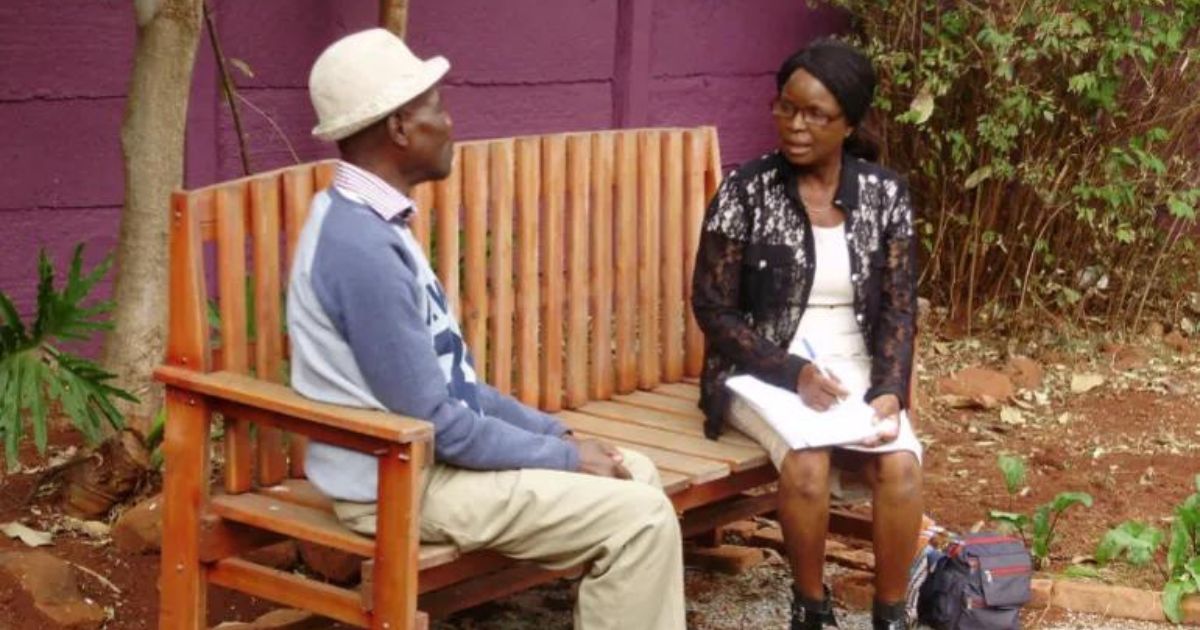
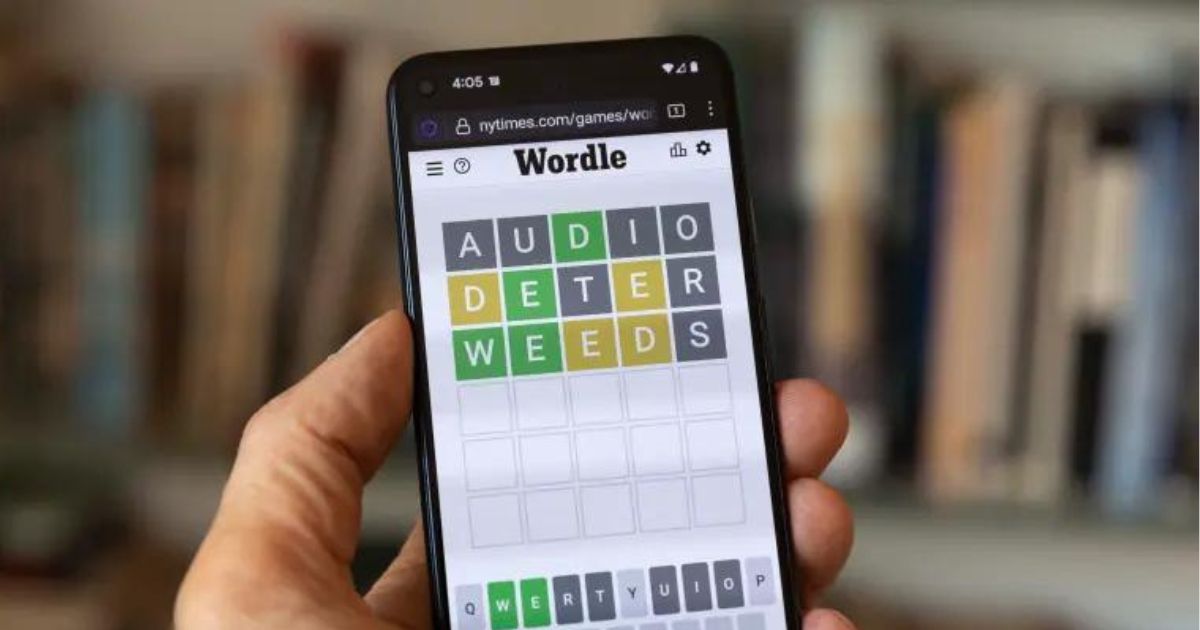
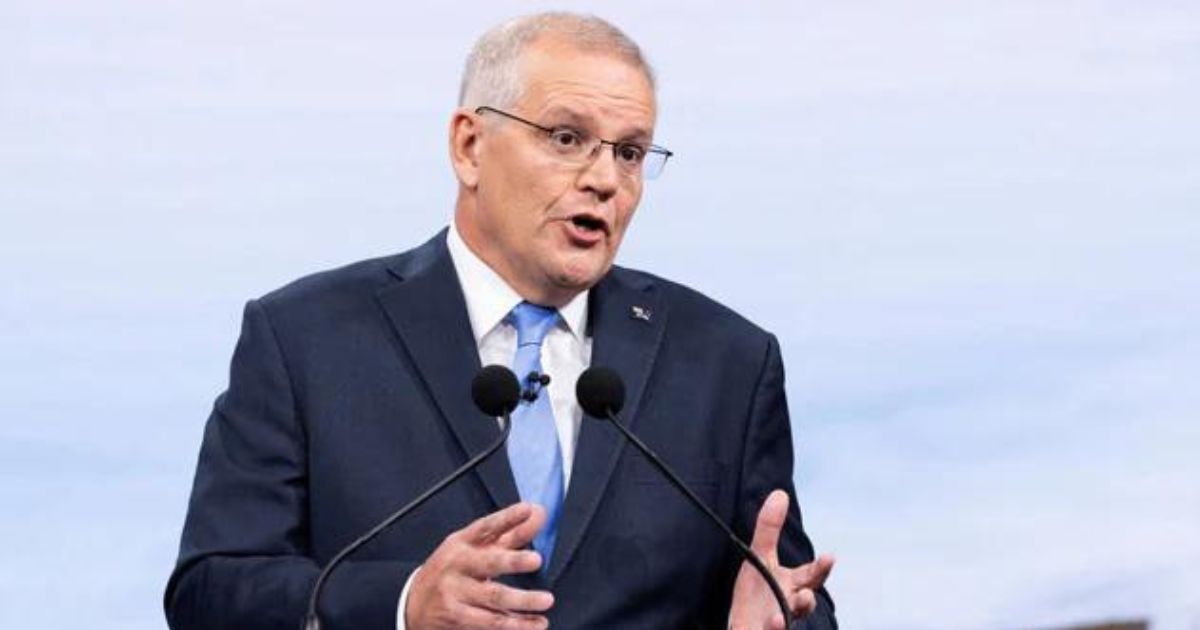
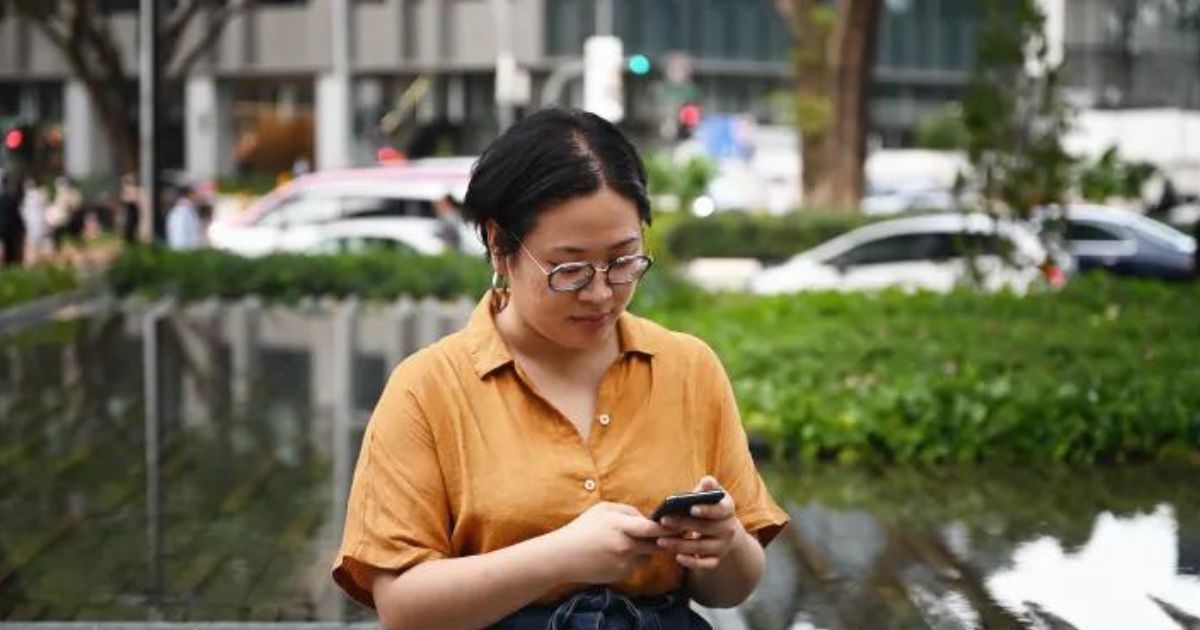

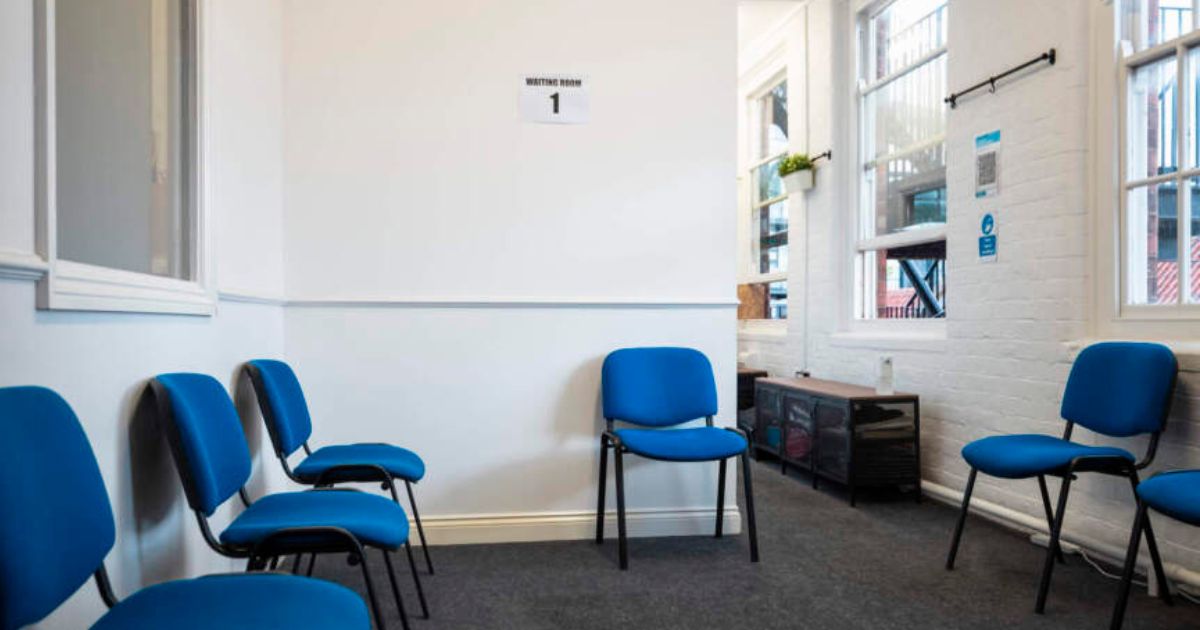
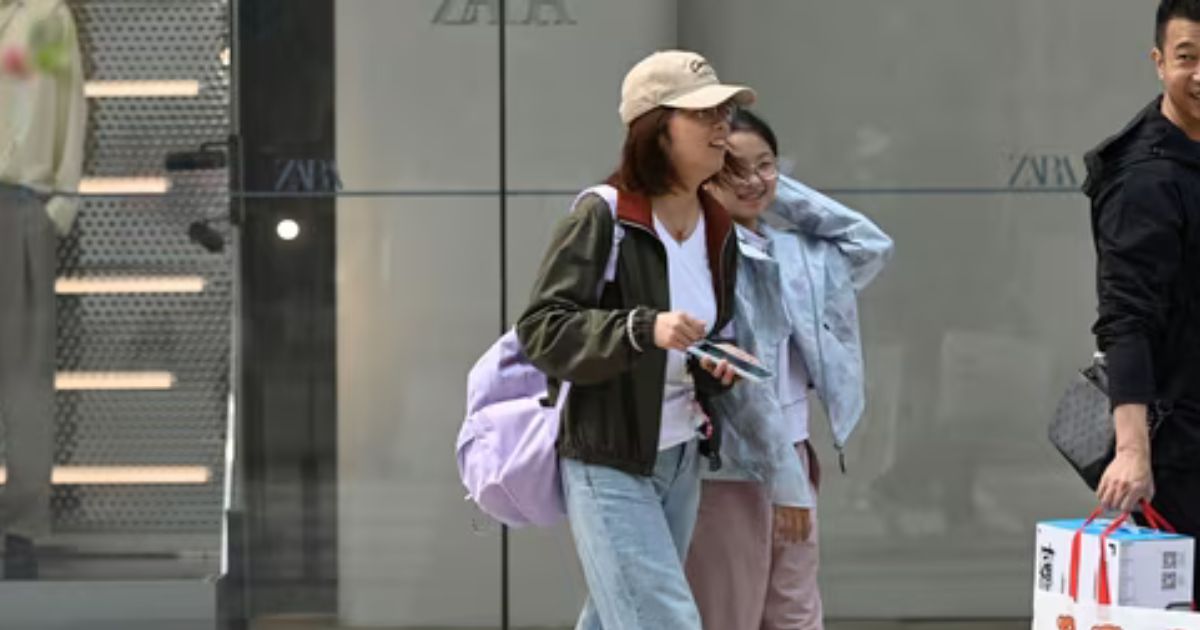

Leave a Reply
You must be logged in to post a comment.